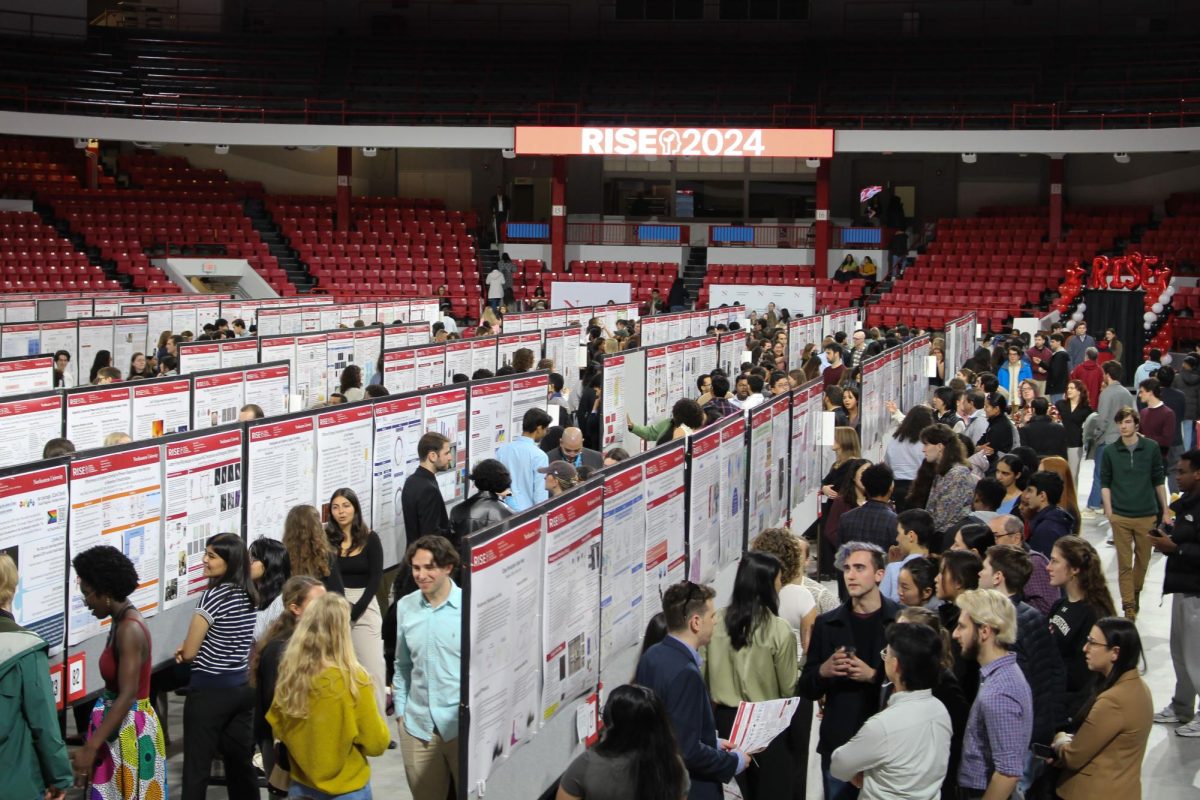Remember the walkout of students from their Principles of Economics class at Harvard a couple of years ago in solidarity with the “Occupy” movement? They thought that the economics they were being taught was doctrinaire, failed to provide a balanced perspective on the real existing economy and did not show sufficient empathy for the 45 million people living in poverty.
No wonder – the economics being taught on blackboards in almost all classrooms makes it appear as though markets descended straight from heaven, while maintaining a conspiracy of silence on the Achilles heels of free markets, such as not paying sufficient attention to safety, not caring enough about the environment and being indifferent to the welfare of future generations.
Now, John Cassidy reports in The New Yorker that a group of students in 16 countries are pushing back on the arrogance of mainstream economists and are demanding that a more realistic economics be taught with fewer abstractions, less emphasis on mathematical methods of problem solving and more attention devoted to the plight of the underclass.
In most classrooms, free markets become God’s gift to humanity, government is the boogeyman and taxation is a simple burden on society’s well-being. What nonsense. Taxes are used to finance schools, basic research and infrastructure, and markets go haywire without adequate government backstop as the recent “mother of all financial crisis” so amply demonstrated. But professional economists are immune to such real-world evidence. After all, the models work perfectly well on the blackboard.
But the models are so simplistic that they present a caricature of the real existing economy. Charles Ferguson in his Oscar-winning documentary “Inside Job” demonstrated most vividly the culpability of academic economists. The Federal Reserve in Washington has no less than 300 Ph.D. economists working for it, yet they were incapable of seeing the crisis brewing for years. Presumably those who dared to disagree with Greenspan’s ideology — that bubbles were nothing to worry about and that markets worked perfectly well without government regulation — became outcasts.
That was exactly the way Brooksley Born, the single top-ranking government official with sufficient common sense to attempt to regulate derivatives, was bullied until she resigned. And the warnings of economists like Hyman Minsky, who had been warning of the inherent instability of the financial sector, were outrageous to people like Ben Bernanke. Bernanke mentioned him on occasion in uncivil tones, which sufficed to banish Minsky from the classrooms and textbooks of this country. Such censorship of American style belies the ideal of the university of being open to dissenting viewpoints.
So don’t be surprised that students around the world demand a more colorful palette of perspectives. After all, markets are man-made institutions. So the human element with its emotions and complex psychology should be an integral part of the discipline. These students do not want economics to become a branch of mathematics.
Greenspan’s congressional confession — that he made a mistake and that his ideology was wrong — made absolutely no impression on academic economists.They continue to disregard not only Minsky but other major economists who dissent from the mainstream’s depiction of homo oeconomicus, such as John K. Galbraith, Veblen, H. Simon. Believe it or not, when I took macroeconomics in graduate school from Nobel-prize winning economist Robert Lucas, even the name of J.M. Keynes — arguably the greatest economist of the 20th century — was banned from discussion. So if nonconformists are banned from the classroom, how are students going to get a balanced overview to the subject?
This is particularly important for students of Principles of Economics because there are more than a million of them every year and most of them do not take another economics course at all. So, all they are exposed to is the mainstream’s view that superrationality reigns in the market inhabited by consumers with sufficient brain power to know every detail of the economy and, therefore, are not satisfied with anything less than achieving an optimum outcome. They possess perfect understanding of all the nuances in small print and perfect foresight from the beginning to the end of their lives and are not inhibited by the challenges of information overload insofar as information is free, available instantaneously and a cinch to understand.
So the market works perfectly well on the blackboard. What the students are demanding is that it work as well in real life and not only in Fairfax County, Va., but also in Harlem, N.Y.
John Komlos, Ph.D. University of Chicago, is Professor Emeritus of Economics at the University of Munich. He is the author most recently of “What Every Economics Student Needs to Know and Doesn’t Get in the Usual Principles Text.”
Photo courtesy John Komlos.















